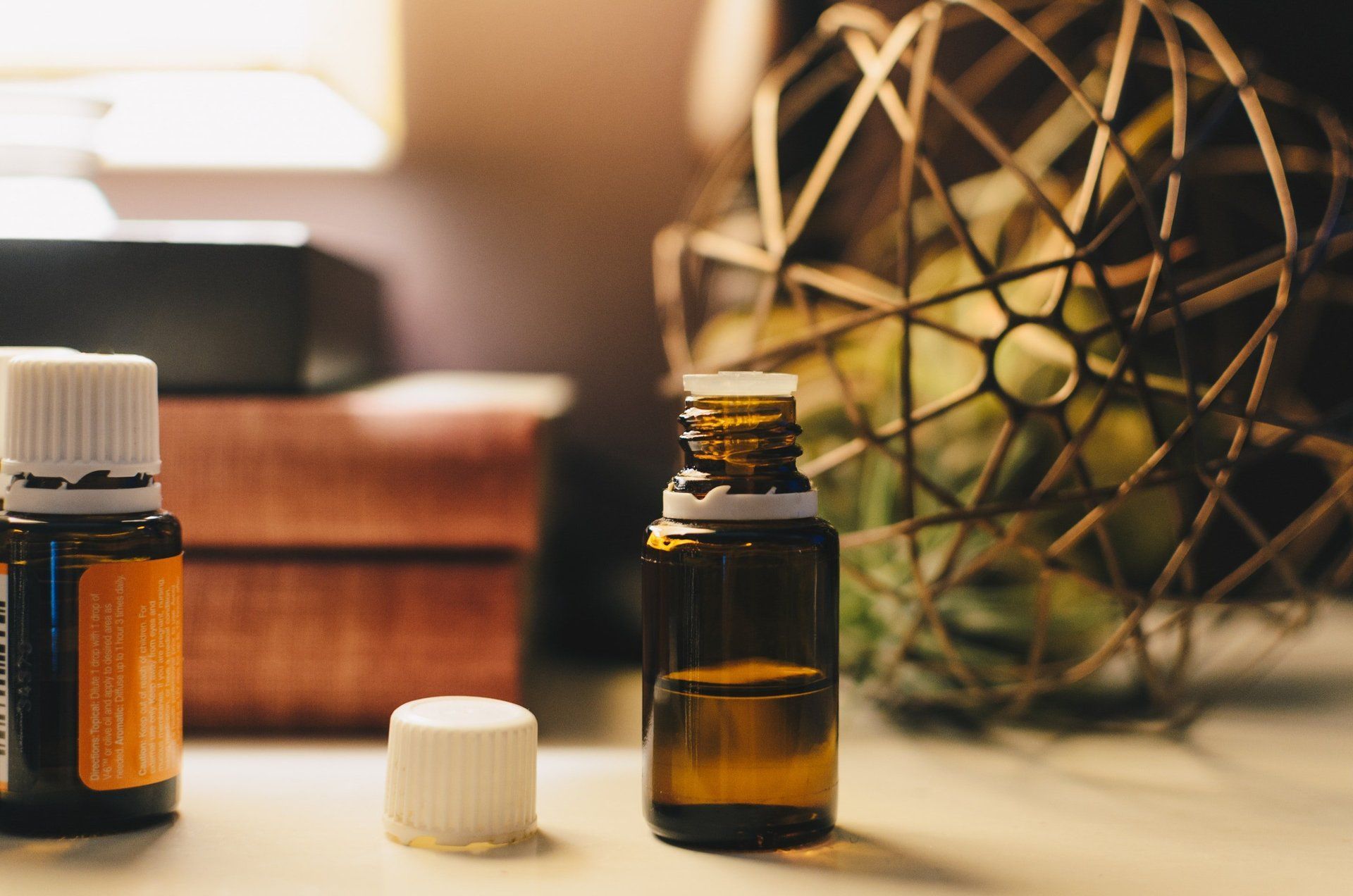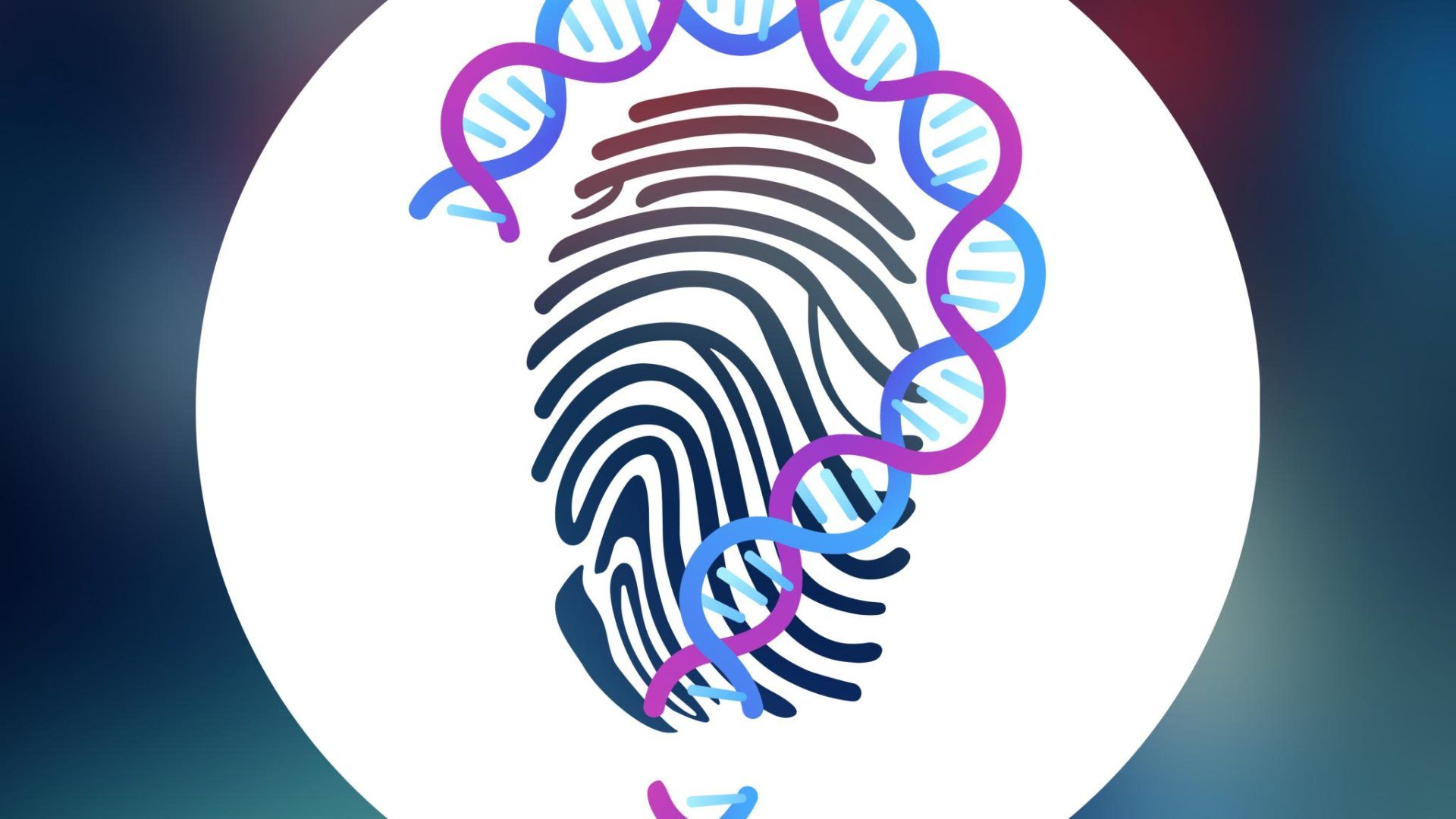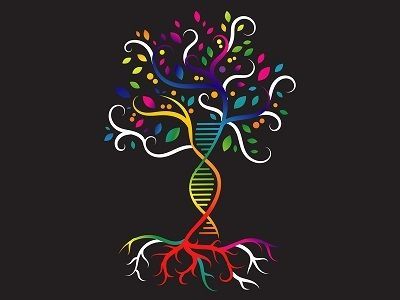Deaths due to tainted herbal medicine under-recorded
Nick Olivier • 25 October 2018
University of Adelaide

A University of Adelaide forensic pathologist is warning that potentially harmful substances found in herbal medicines may be playing a bigger role in deaths of 'health tourists' than previously thought.
Professor Roger Byard is calling for closer checks during post-mortems for the presence of drugs and adulterants that originate from herbal remedies.
"There is a possibility that harmful materials found in herbal medicines are either contributing to, or causing, deaths of overseas travellers," says Professor Byard.
'These factors should be considered in all medical and legal cases involving recent overseas travel, particularly to Asian destinations."
As part of health and wellness tourism, Western travellers to many Asian countries now often visit herbal centres. Free health checks may be performed at these centres and herbal products are offered for sale. They offer hope to a growing number of people looking for a cure for their health problems.
"This type of health tourism is based upon learning about and consuming traditional medicinal herbs and is an important part of the worldwide medical tourism industry," says Professor Byard.
"Patients wrongly believe that they are being treated without using harmful chemicals or drugs.
Studies have found some herbal remedies have been adulterated with approved or banned drugs and even toxic heavy metals. Adulterants have been linked to a range of side effects of varying severity including hyper tension, heart problems, psychiatric disorders and in some instances even deaths.
"The composition of many of these products is uncertain, there may be contaminants and pharmaceutical additives, and their interaction with prescription medications is unpredictable," says Professor Byard.
"However, the potential role and impact of herbal medicines, and possible adulterants within them, is usually not considered in medicolegal cases.
"Forensic facilities may be missing the presence of harmful or toxic substances when carrying out post mortem assessments not because the substances aren't there but because pathologists may not be looking for them.
"When considering cases in which a person has died after taking herbal medicines sourced from overseas, forensic pathologists need to take extra care to consider the possibility that adulterants have played a role in the person's demise," says Professor Byard. https://www.sciencedaily.com/releases/2018/10/181025103344.htm
Story Source:
Materials provided by University of Adelaide
. Note: Content may be edited for style and length.
Journal Reference
:
- Rachael Farrington, Ian Musgrave, Christine Nash, Roger W. Byard. Potential forensic issues in overseas travellers exposed to local herbal products . Journal of Forensic and Legal Medicine , 2018; 60: 1 DOI: 10.1016/j.jflm.2018.08.003









